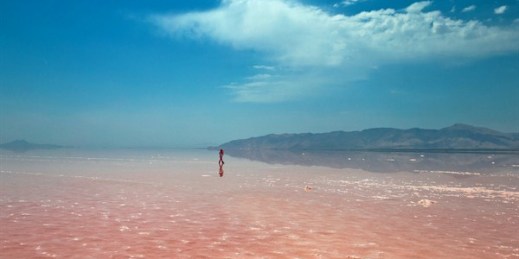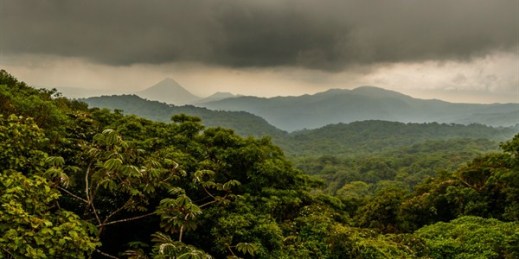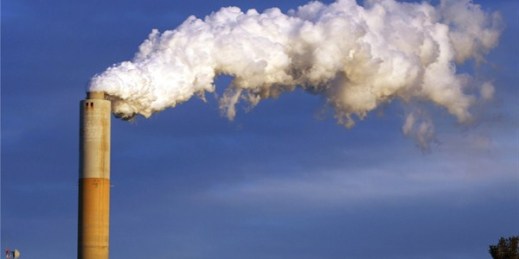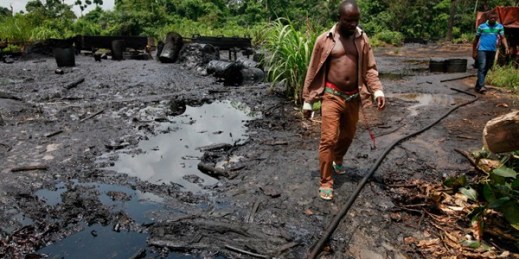
Editor’s note: This article is part of an ongoing WPR series on countries’ risk exposure, contribution and response to climate change. Lake Urmia in northwestern Iran, once a popular tourism destination, has become a symbol of the dangers of climate change, having lost 90 percent of its water since the 1970s. Iranian President Hassan Rouhani has pledged $5 million for conservation efforts, but it is unclear if the lake can be saved. In an email interview, Gary Lewis, the United Nations resident coordinator in Iran, discussed Iran’s climate change policy. WPR: What is Iran’s risk exposure to climate change, what […]



